Four ultra-efficient engines have arrived at Centrica’s former combined cycle gas power station at Brigg, with construction work underway on an expansion of the peaking plant at the Lincolnshire site.
The business is installing the four engines inside the former turbine hall at the power station, which was decommissioned in 2020, helping to create nearly 100MW of fast response assets capable of meeting demand when renewable generation is low.
The expanded power plant will be hydrogen-ready, and form part of a trial due to start in late 2024 to blend hydrogen into the gas, ramping up from a three per cent blend to 20 per cent, with a long term vision to move towards 100 per cent hydrogen and to deploy similar technology across all peaking plants.
Work at Brigg is expected to last around nine months and the plant will be fully operational in early 2025.
Peaking plants only generate electricity when there’s high or peak demand for electricity, or when generation from renewables is too low to meet demand. Once connected to the grid, the engines will have the capacity to power 20,000 homes for a full day when required, which will maintain stability and deliver reliable power across the grid.
"While the UK has made amazing progress towards a renewable energy future, gas plays an essential role in ensuring homes and businesses have access to a reliable electricity supply when the wind doesn’t blow and the sun doesn’t shine."
Chris O’Shea, group chief executive of Centrica
Centrica is redeveloping the Brigg energy park which, once complete, will be home to a 50MW battery, commercial-scale hydrogen production using HiiROC technology (in which Centrica has a five per cent stake), and 100MW of gas peaking plant.
Chris O’Shea, group chief executive of Centrica, said: “Everything we do is aimed at ensuring our customers have the energy they need, when they need it, at the cheapest price possible. While the UK has made amazing progress towards a renewable energy future, gas plays an essential role in ensuring homes and businesses have access to a reliable electricity supply when the wind doesn’t blow and the sun doesn’t shine. So, we’re delighted to be expanding the Brigg energy park to help balance the increasing renewables on the grid.”
The new engines are designed and manufactured by sustainable technology business, Wärtsilä.
"We’re extremely pleased to support Centrica in their efforts to decarbonise power production. This installation will help enable the use of clean renewable energy by providing the needed grid balancing. Wärtsilä 31 engine platform is renowned for its high efficiency, and the engines are future-proof to run on a hydrogen blend," commented Kenneth Engblom, vice president Africa & Europe at Wärtsilä Energy.
EDITORS NOTES
Wärtsilä in brief
Wärtsilä is a global leader in innovative technologies and lifecycle solutions for the marine and energy markets. We emphasise innovation in sustainable technology and services to help our customers continuously improve their environmental and economic performance. Our dedicated and passionate team of 17,500 professionals in more than 240 locations in 79 countries shape the decarbonisation transformation of our industries across the globe. In 2022, Wärtsilä’s net sales totalled EUR 5.8 billion. Wärtsilä is listed on Nasdaq Helsinki.
www.wartsila.com

News
British Gas Announces Strategic Partnership with NIBE to Enhance Heat Pump Service and Support
Sustainability
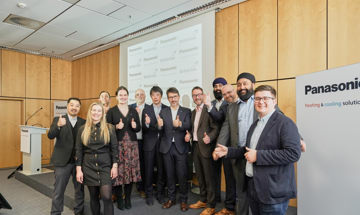
News
British Gas Partners with Panasonic to Provide Service & Maintenance for Panasonic Aquarea Air Source Heat Pumps.
Sustainability
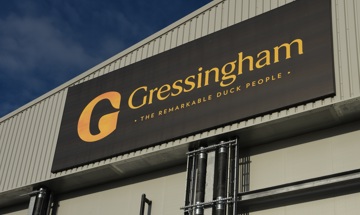
News
Centrica Business Solutions powers Gressingham Foods into a sustainable future
Sustainability
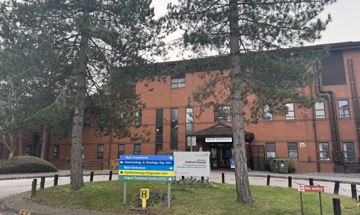
News
Centrica Business Solutions accelerates Solihull Hospital’s journey to net zero with new energy centre
Sustainability
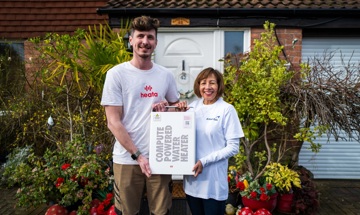
News
British Gas partners with heata on trial to reuse waste heat from data processing
Sustainability
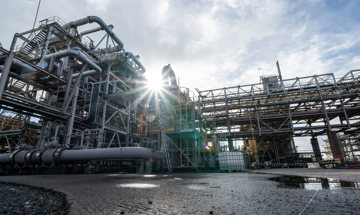
News
Spirit Energy’s Morecambe Gas Hub Marks 40 Years of Powering UK
Sustainability
